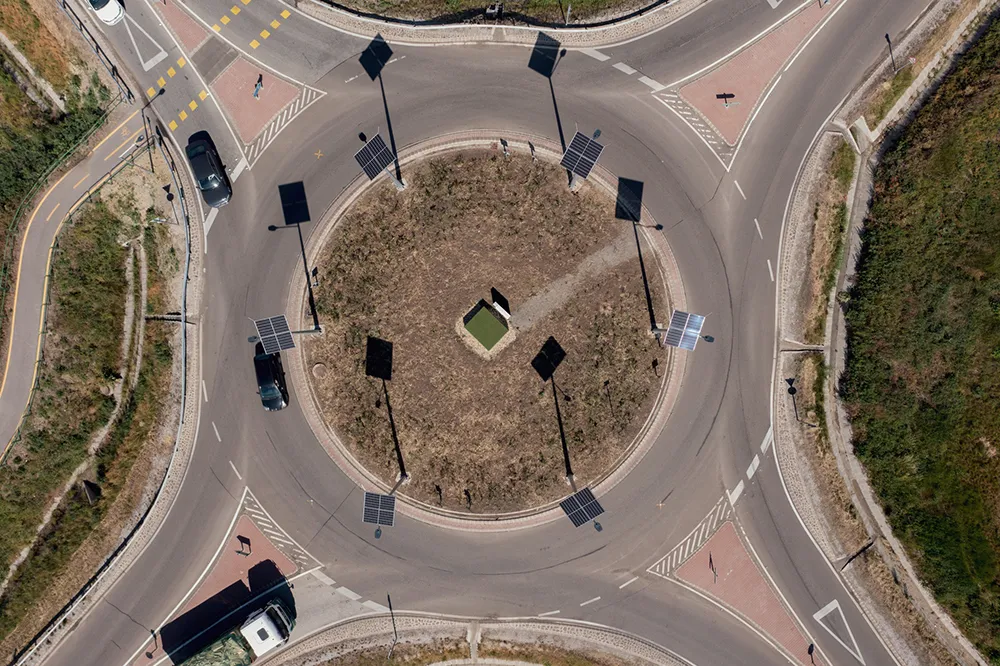The city of Värnamo in southern Sweden is making the move to all-electric public transport and has ordered four electric buses from Volvo, with the aim of quadrupling the number of journeys by public transport over a three-year period.
Officials plan to construct a new bus lane in the city to improve the appeal of public transport and improve accessibility.
The four electric hybrid buses and their ABB charging station will be delivered as a turnkey solution, with Volvo assuming responsibility for main
January 17, 2017
Read time: 2 mins
The city of Värnamo in southern Sweden is making the move to all-electric public transport and has ordered four electric buses from 609 Volvo, with the aim of quadrupling the number of journeys by public transport over a three-year period.
Officials plan to construct a new bus lane in the city to improve the appeal of public transport and improve accessibility.
The four electric hybrid buses and their ABB charging station will be delivered as a turnkey solution, with Volvo assuming responsibility for maintenance of the buses and their batteries at a fixed monthly cost.
The Volvo 7900 electric hybrid operates without any exhaust gases for about 70 per cent of its route. Charging the batteries at the charging station takes three to four minutes with the help of a system known as opportunity charging. The buses operating in Värnamo will run on renewable electricity and renewable HVO fuel, cutting carbon dioxide emissions by 90 per cent.
Officials plan to construct a new bus lane in the city to improve the appeal of public transport and improve accessibility.
The four electric hybrid buses and their ABB charging station will be delivered as a turnkey solution, with Volvo assuming responsibility for maintenance of the buses and their batteries at a fixed monthly cost.
The Volvo 7900 electric hybrid operates without any exhaust gases for about 70 per cent of its route. Charging the batteries at the charging station takes three to four minutes with the help of a system known as opportunity charging. The buses operating in Värnamo will run on renewable electricity and renewable HVO fuel, cutting carbon dioxide emissions by 90 per cent.








